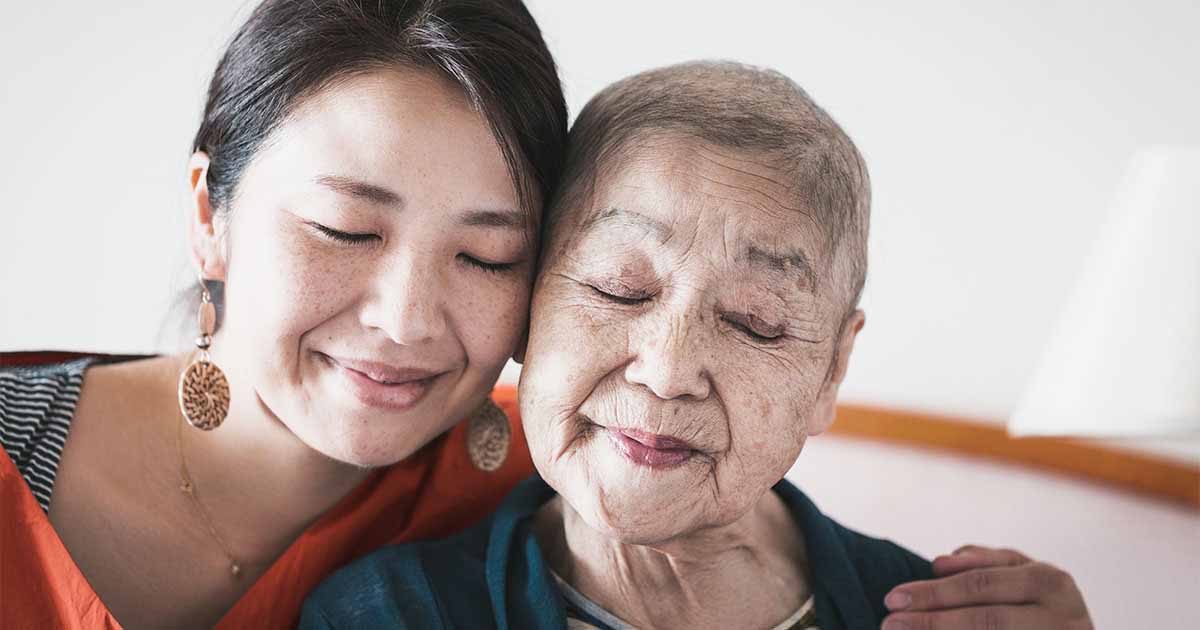
The United States has approximately 43.5 million informal caregivers who provide unpaid care. This support may extend to children, people with disabilities, aging friends or relatives, or those who are ill.
Caregiving, while rewarding, can lead to chronic stress. It's common for caregivers to feel lonely, overwhelmed, burned out, or upset.
Factors that heighten caregiver stress include:
- Care for a spouse or romantic partner
- Co-residing with the care recipient
- The recipient's need for constant care, insufficient support, or feeling the necessity for round-the-clock care
- Feelings of isolation, helplessness, or depression
- Economic pressures, including the need to take off from work
- Minimal guidance from healthcare professionals, including mental health professionals
Signs and Symptoms of Caregiver Burnout
Physical and social manifestations of stress in caregivers can impede their functional capacity and caregiving abilities.
Symptoms might include:
- Disturbed sleep patterns, frequent illness, exhaustion, weight or appetite changes, substance use (often to aid sleep), headaches, & digestive issues
- Lack of concentration, task completion, & decision-making
- Social withdrawal from friends and family
- Disorganization at home and work. This is particularly pertinent for social workers who rely on caregivers to adhere to deadlines, schedule appointments, or complete paperwork.
- Disconnection from faith, spirituality, or life's purpose; feeling forsaken by beliefs
- Subjection to poverty, higher out-of-pocket expenses, job dissatisfaction, reduced performance, & challenges in coworker interactions
Over 60% of caregivers are women, putting them at increased risk of caregiver burnout compared to men.
Men often face challenges in gaining workplace understanding and can feel marginalized, as caregiving is traditionally associated with women.
Tips for Social Workers on Supporting Caregivers
Social workers can support caregivers by being intentional with language to help them feel less alienated.
Focusing on decreasing rather than altogether preventing stress and burnout can be more effective and practical for caregivers' daily responsibilities.
A direct correlation exists between increased burnout and:
- Caregiving for individuals with behavioral or cognitive challenges
- The level of assistance the client requires, particularly when moderate or extensive assistance is needed
Social workers can uncover underlying issues in clients, such as pain, medication effects, or unaddressed social needs. They are instrumental in safety assessments, care coordination, and planning interventions, and they can work with clients and their families to ensure advance directives are in place.
Social workers also play a pivotal role by ensuring clients understand and receive therapeutic interventions like physical, occupational, and speech therapies that help improve the client’s independence and safety.
Lastly, social workers can educate caregivers about the nature of conditions or illnesses and link them with community resources to provide necessary support.
Numerous organizations and respite care services are available to support caregivers.
The American Association of Caregiving, Cleveland Clinic, and the National Alliance for Caregiving provide general resources for caregivers. Additionally, condition-specific foundations such as the American Cancer Society, American Heart Association, Alzheimer's Association, and Amyotrophic Lateral Sclerosis Association offer targeted resources to enhance caregiver education and well-being.
More information on this topic can be found in this Continued Social Work course: Decreasing Caregiver Burnout, presented by Mira Rollins, OTR/L.
References
American Medical Association. (2018). Caring for the caregiver: A guide for physicians. Retrieved from https://www.ama-assn.org/sites/ama-assn.org/files/corp/media-browser/public/public-health/caregiver-burnout-guide.pdf
Mayo Clinic. (2023). Caregiver stress: Tips for taking care of yourself. https://www.mayoclinic.org/healthy-lifestyle/stress-management/in-depth/caregiver-stress/art-20044784